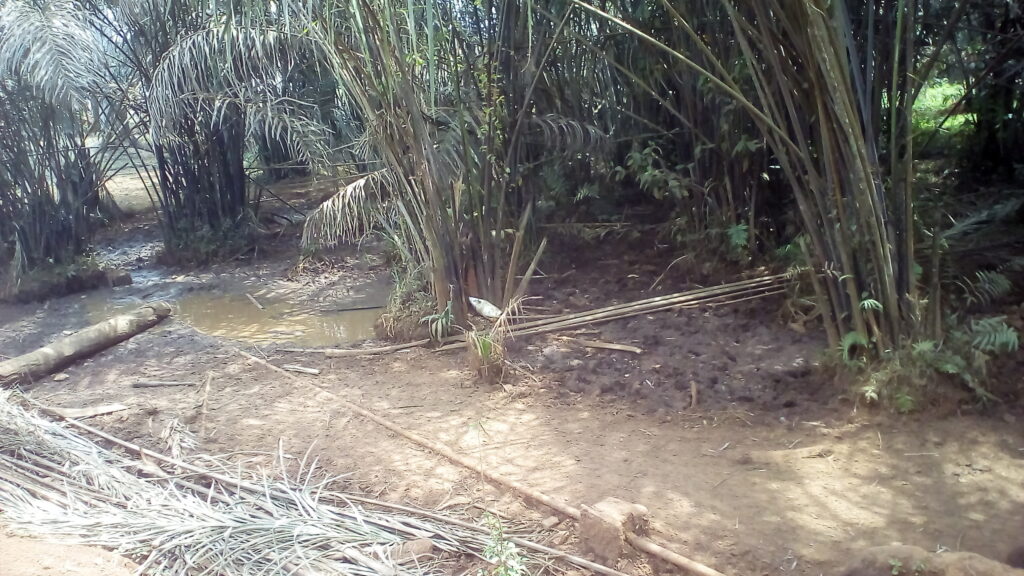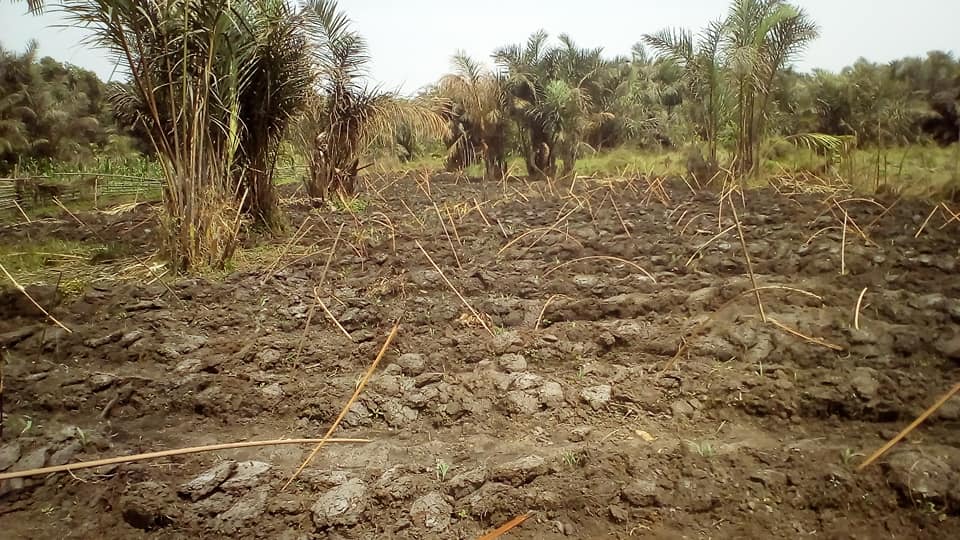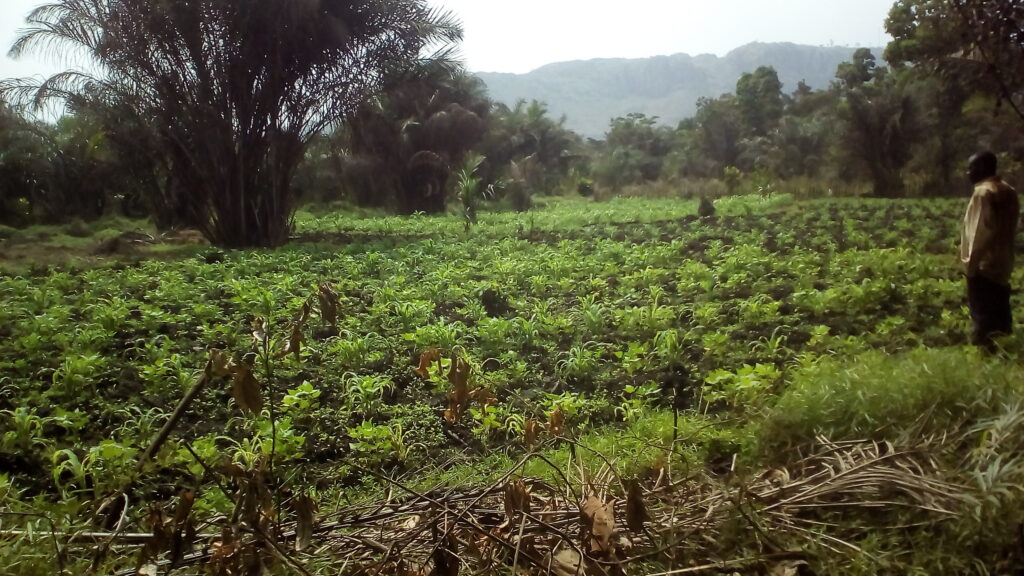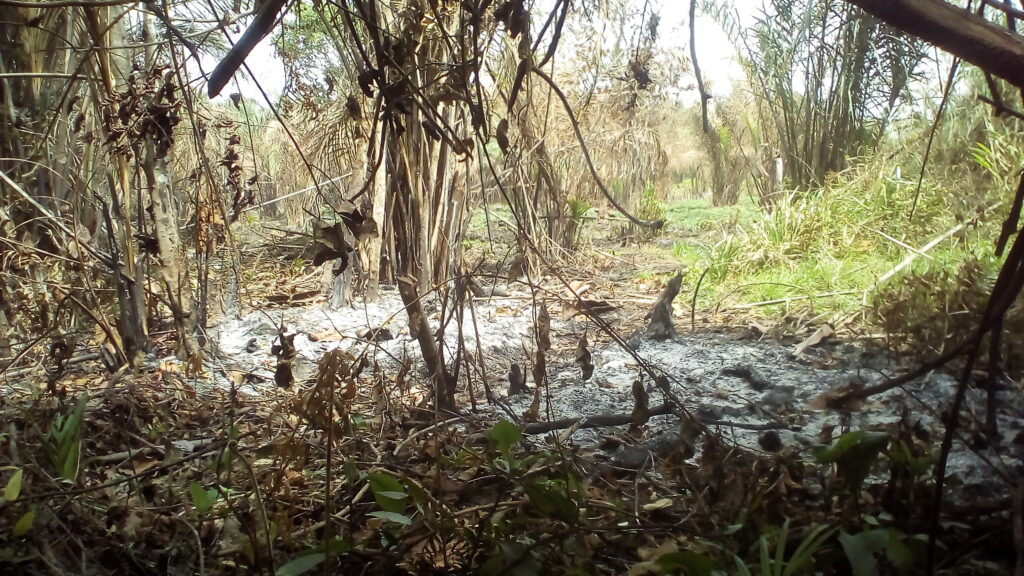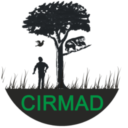The Nsup Forest of about 2,500 ha in Balikumbat, in Cameroon’s North-west Region is a wetland ecosystem, now a highly threatened habitat. Besides the raffia (bamboo) palm (Rafiia venifera), its keystone species, are some timber trees and wildlife species like the touraco spp, Bosman potto, the bush baby and some species pangolin. The Nsup Forest, from which Nsup Quarter, one of the 4 main quarters/chiefdoms of Balikumbat takes its name, has always been a great source of NTFPs like raffia bamboo stems, raffia palm wine, rattan, wild honey, mushroom, bamboo larva, raffia fibre, raffia seed pulp, etc. Virtually every indigene or resident of Balikumbat makes use of the raffia bamboo palm through some of the following forms: bamboo stems for building construction, furniture and firewood, raffia palm wine as most popular wine of the people, used in all tradi-religious practices, bamboo larva as food, raffia fibre for tradi-religious practices, traditional handicrafts and the trapping of birds, raffia seed pulp as food, also known as “bamboo kola”. The increasing local population and the consequent demand for farm land has resulted in uncontrolled exploitation, evidenced by the introduction of market gardening with chemicals fertilizers, and the accompanying bushfires, which have already degraded most portions. The wetland forest has witnessed serious deforestation due to:
- the rampant harvesting of fresh bamboo stems for making “tomato baskets”;
- the felling of even young trees of 10cm in diameter for timber;
- land degradation due to clearing and burning for the market gardening of vegetables.
Current experiences is that the right type of raffia bamboo or by products for traditional handicrafts are becoming more and more rare, with the consequent conversion to the habit of using plastic alternatives of the rare traditional handicrafts, and these have negative environmental consequences. The common raffia palm wine is also becoming scarce, leading to people turning more to cheap plastic whisky and beer, with all the health and environmental impacts. It is high time the Balikumbat Council as a local government body and BADO join hands with CIRMAD and other CSOs to check the further depletion of that biological hotspot.+2
